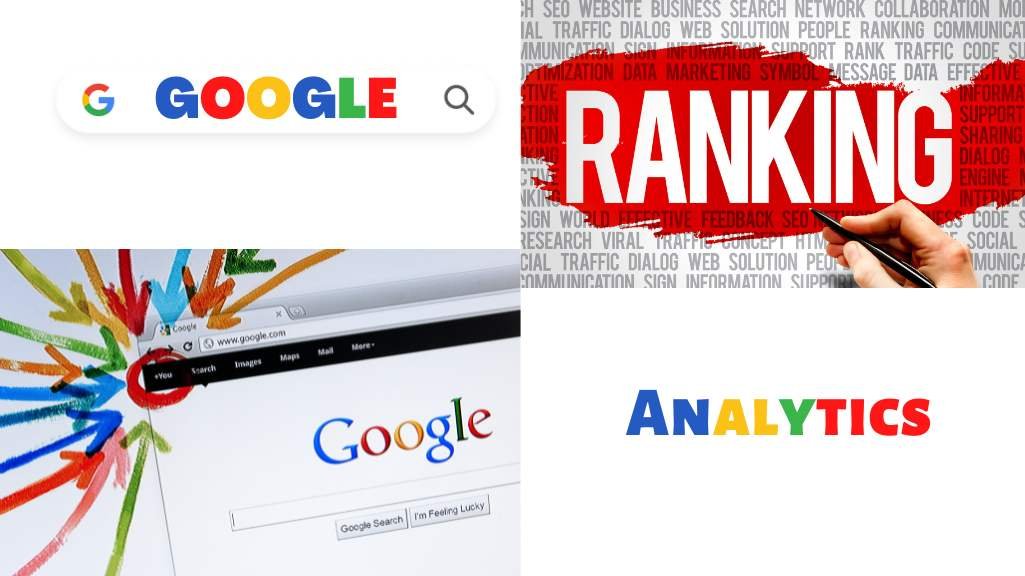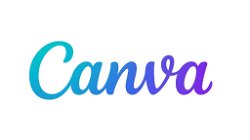Guide to Improving Your Website's Google Ranking
Devin Barton
. 4 min read
Google is the most powerful search engine for those who are in the business of trying to generate organic traffic. It navigates the web in order to establish which websites are the most helpful and pertinent to its users regarding virtually any subject matter. We do not merely have faith in Google's findings; rather, we rely on them. It may seem impossible to get your small business on the first page of Google given how much power and influence Google possesses; however, it is precisely this power that Google possesses that makes it more possible than ever for local and small businesses to rank highly in search results without incurring any costs.

The Importance of Ranking High on Google's First Page for Marketing Your Company
People often refer to the Google search page as the "holy grail" of search engine results pages (SERPs) (Search Engine Results Pages). The reason for this is that most people today won't even bother to look at the second page of results on Google. If they do not find the relevant topics they are looking for on the first page, they merely modify the terms of their search. To successfully market your company, you absolutely require a higher Google ranking. Being on the first page of Google results in a number of benefits, including an increase in the amount of traffic going to your website, an increase in the number of new customers, and an increase in engagement.
Key On-Page Optimization Tactics for Improving Your Website's Google Ranking
I have recently uploaded a video that covers pretty much everything it is necessary for you to understand regarding on-page optimization. If you would rather read, however, the following are the most important on-page tactics to put into action right away. First thing is first check to see that your target keyword is relatively close to the beginning of your title tag. Your keyword is said to be "frontloaded" when you do this.
Understanding Search Intent: How to Align Your Content to Improve Google Ranking
The "why" behind a query can be thought of as the search intent. Because of this, blog posts rather than sales pages make up 90% of the top-ranking results for the term "air fryer." Google is aware that people using its search engine are not yet ready to make a purchase. They are interested in contrasting various products. If you want your page to have the best possible chance of ranking, you need to align it with the search intent. When we were trying to rank for the term "backlink checker," we discovered this the hard way.
Getting Google to Notice Your Website: Tips for Quickly Indexing and Improving Visibility
The Google bots will never stop crawling the web in order to search for new websites, and they will consistently perform their duties in an excellent manner. However, it is possible that it will take some time for the robots at Google to find your website. You can choose to do nothing and wait for Google to crawl your website for days or even weeks, but it is in your best interest to take action as soon as possible and inform Google about your website as well as submit it to them. If your website utilizes XML sitemaps, you can verify that it will be indexed by Google by uploading the sitemaps to the Google Search Console. This will ensure that your website is indexed.
Using Google Search Console and Analytics to Identify and Improve Your Website's Key Phrases Rankings
To begin, it is necessary for you to identify all of the key phrases for which you almost already have a high ranking. The information can be found in Google Search Console, but you can get to it from within Google Analytics by clicking on the following link: Queries come third, after Acquisition and Search Engine Optimization. This report will show you: All of the phrases that your website ranks for (search queries); The number of times that your site has been shown in Google for each phrase (impressions); The number of times that users have visited your site for each phrase (clicks); Your overall ranking for each phrase (average position).
How Search Engine Bots Crawl, Index and Rank Websites for Improved Visibility
Web pages are "crawled" by search engine bots like Google, which then visit a variety of websites, collect information about those websites, and save that information in a file. Imagine the record as a vast library where a librarian can pull up a book (or website page) to assist you in locating precisely what you are looking for at this very moment in time. After that, algorithms examine the pages that are indexed while taking into account a variety of ranking parameters in order to decide whether or not the pages that have been requested should be included in the list of items for a particular query.
How Long Does it Take for Google to Index Your Website? Understanding the Factors
In this particular instance, I'm going to take a risk and provide you with the definitive answer, which is "It depends." How quickly one can turn the dial is dependent on factors such as their level of expertise, available funds, the level of competition, and how well their website compares to those of their peers. So, with that in mind, let's break it down in a more quantifiable sense and go over what you can do to make things happen sooner rather than later.
John Mueller, a Google search representative, stated in an episode of AskGooglebot broadcast in June of 2021 that the time it takes for Google to index new or updated content can range anywhere from "several hours to several weeks."
More Stories from
The Allure of Short Stories: Must-Read Books and Benefits of Reading Them
This article highlights the captivating nature of short stories and recommends five books containing a diverse range of tales.
Choosing a Profitable Blogging Niche: Ideas and Tips
Tips for Choosing a Profitable Blogging Niche: Ideas for Fitness, Home Décor, Beauty, and Fashion.
Canva: Empowering Creativity and Design Simplicity
Discover how Canva, the user-friendly graphic design platform, has revolutionized the world of visual communication.
The Rise of Virtual Travel: Exploring the World from the Comfort of Home
This article explores the surging popularity of virtual travel, a modern phenomenon that allows individuals to experience the world's wonders from the comfort of their homes.
The Art of Photography: Capturing Moments that Last a Lifetime
In this article, we explore the fascinating world of photography, tracing its evolution from its early beginnings to the digital age.






.png?width=40&aspect_ratio=1:1)

.png?width=40&aspect_ratio=1:1)
.png?width=40&aspect_ratio=1:1)



